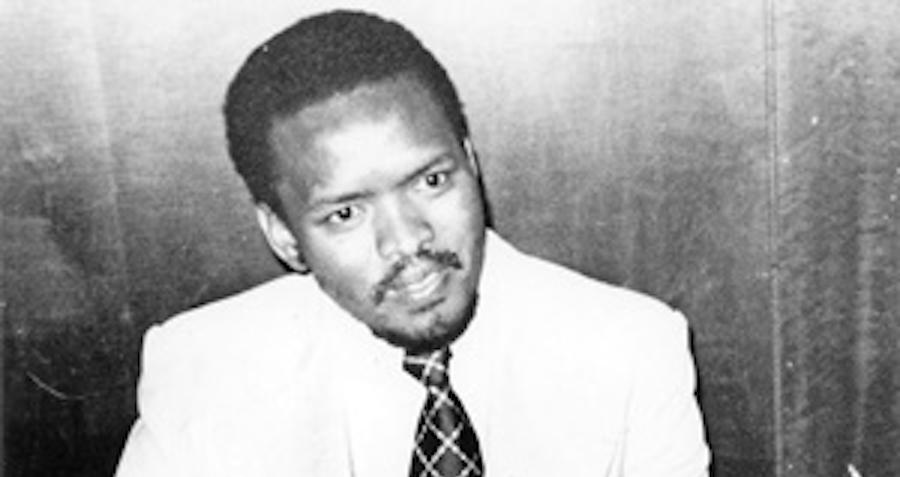Black activist steve biko died in which country in the 70s south africa

Black activist Steve Biko: A Tragic Loss for South Africa

In the 1970s, South Africa was plagued by racial tensions and the oppressive regime of apartheid. It was during this tumultuous time that an influential and visionary leader emerged, tirelessly fighting for the rights of black South Africans. Steve Biko, a prominent black activist and founder of the Black Consciousness Movement, dedicated his life to the struggle against apartheid. However, his unwavering commitment to equality ultimately cost him his life.
On September 12, 1977, Steve Biko tragically passed away in South Africa. He was only 30 years old at the time of his death, but his impact on the fight against apartheid was immeasurable. Biko’s unwavering belief in the power of black consciousness and self-determination made him a formidable force against the racist policies of the South African government.

Biko’s death came as a result of brutal torture and abuse while in police custody. He was arrested by the South African security police in August 1977 and taken to the notorious Walmer Police Station in Port Elizabeth. During his time in custody, Biko was subjected to severe beatings and torture, resulting in a fatal head injury.
The circumstances surrounding Biko’s death shocked the world and sparked international outrage. His death became a symbol of the brutality and injustice of the apartheid system. Despite attempts by the apartheid government to cover up the true cause of his death, the truth eventually came to light, thanks to the relentless efforts of activists and the international community.
The legacy of Steve Biko continues to inspire and motivate people around the world. His tireless struggle for equality and justice serves as a powerful reminder of the importance of standing up against oppression. Biko’s philosophy of black consciousness urged black South Africans to embrace their own identity and unite against their oppressors. His teachings played a crucial role in empowering the black community and fostering a sense of pride and self-worth.
Even though Steve Biko died tragically, his death served as a catalyst for change. It fueled the anti-apartheid movement and galvanized activists, both in South Africa and abroad, to intensify their efforts in the fight against racial inequality. Biko’s sacrifice ultimately contributed to the dismantling of apartheid and the eventual emergence of a democratic South Africa.
In conclusion, the death of black activist Steve Biko in the 1970s was a profound loss for South Africa. His untimely demise resonated globally, exposing the horrors of apartheid and sparking a renewed determination to bring about freedom and equality. Steve Biko’s legacy lives on, inspiring generations to continue the fight for justice and to never forget the sacrifices made for a better future.
Source: All That’s Interesting.
Tags
Share
Related Posts
Quick Links
Legal Stuff

